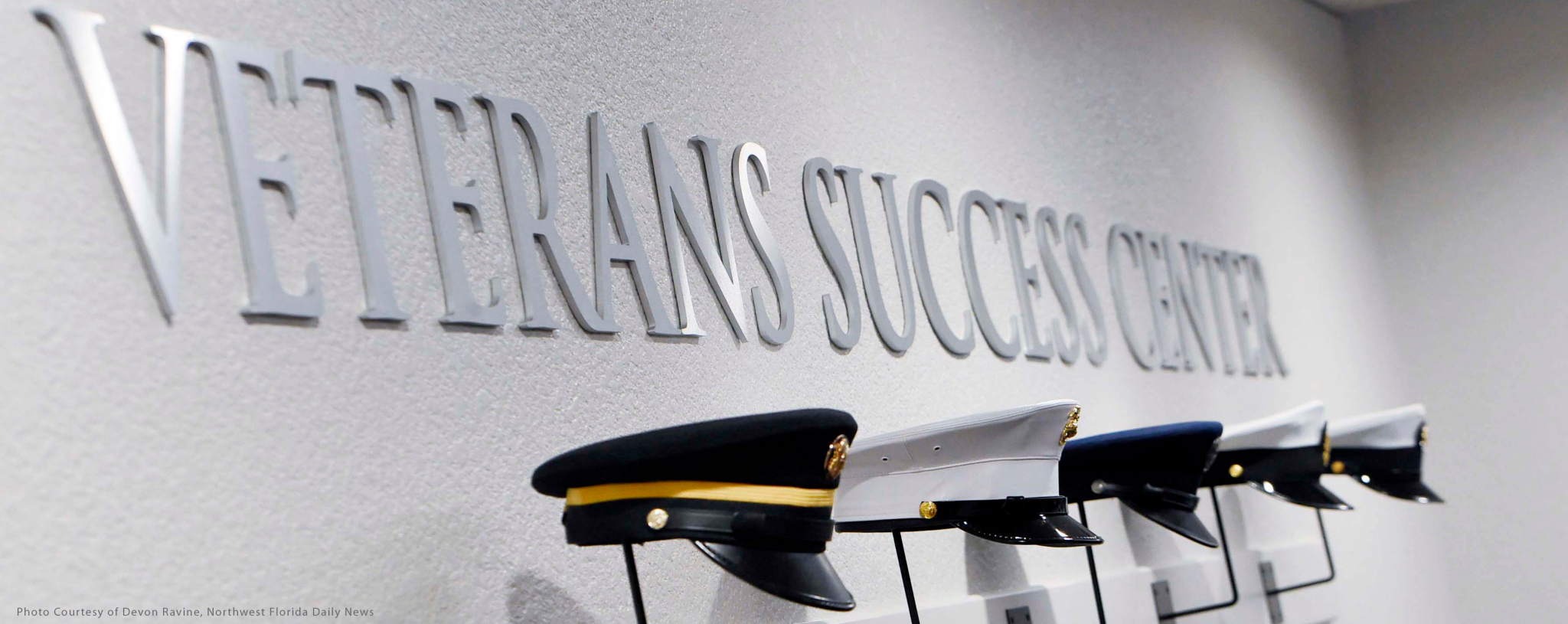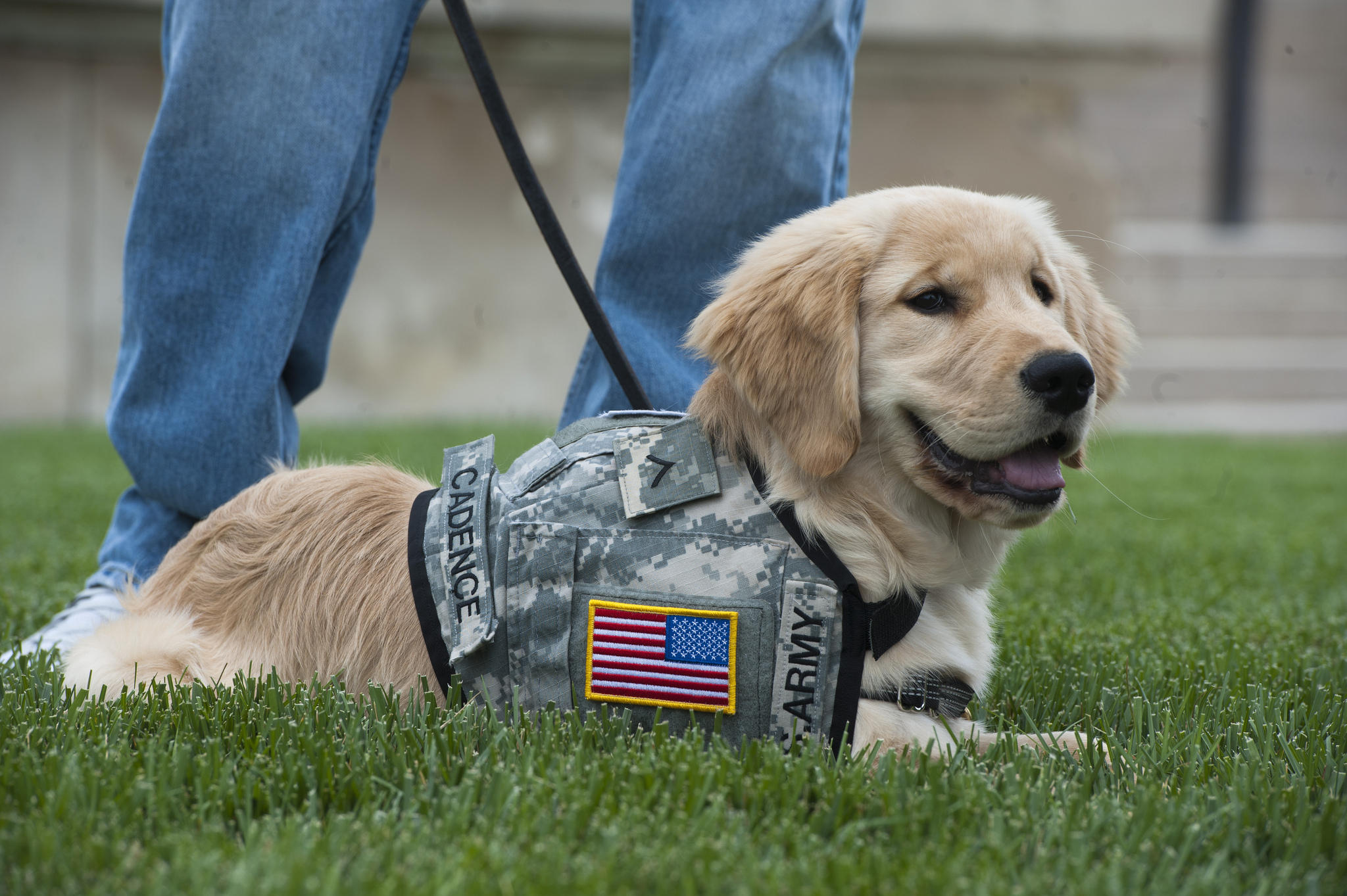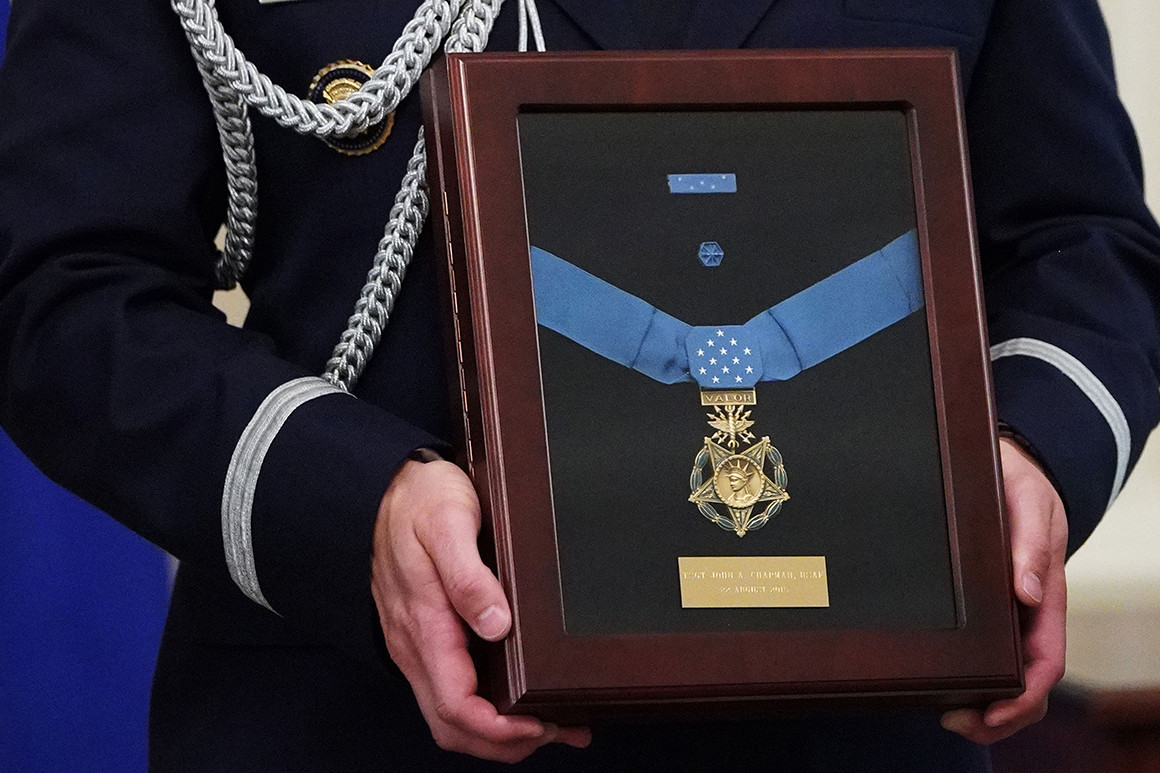
Military Spouses: Can They Get Veterans Disability Compensation?
Surviving military spouses can sometimes receive veterans disability compensation. This benefit is called Dependency and Indemnity Compensation (DIC), and it is paid on a monthly basis. DIC is available to a surviving military spouse (a widow or widower) and his or her dependent children. In some cases, a dependent parent may also be eligible for…









